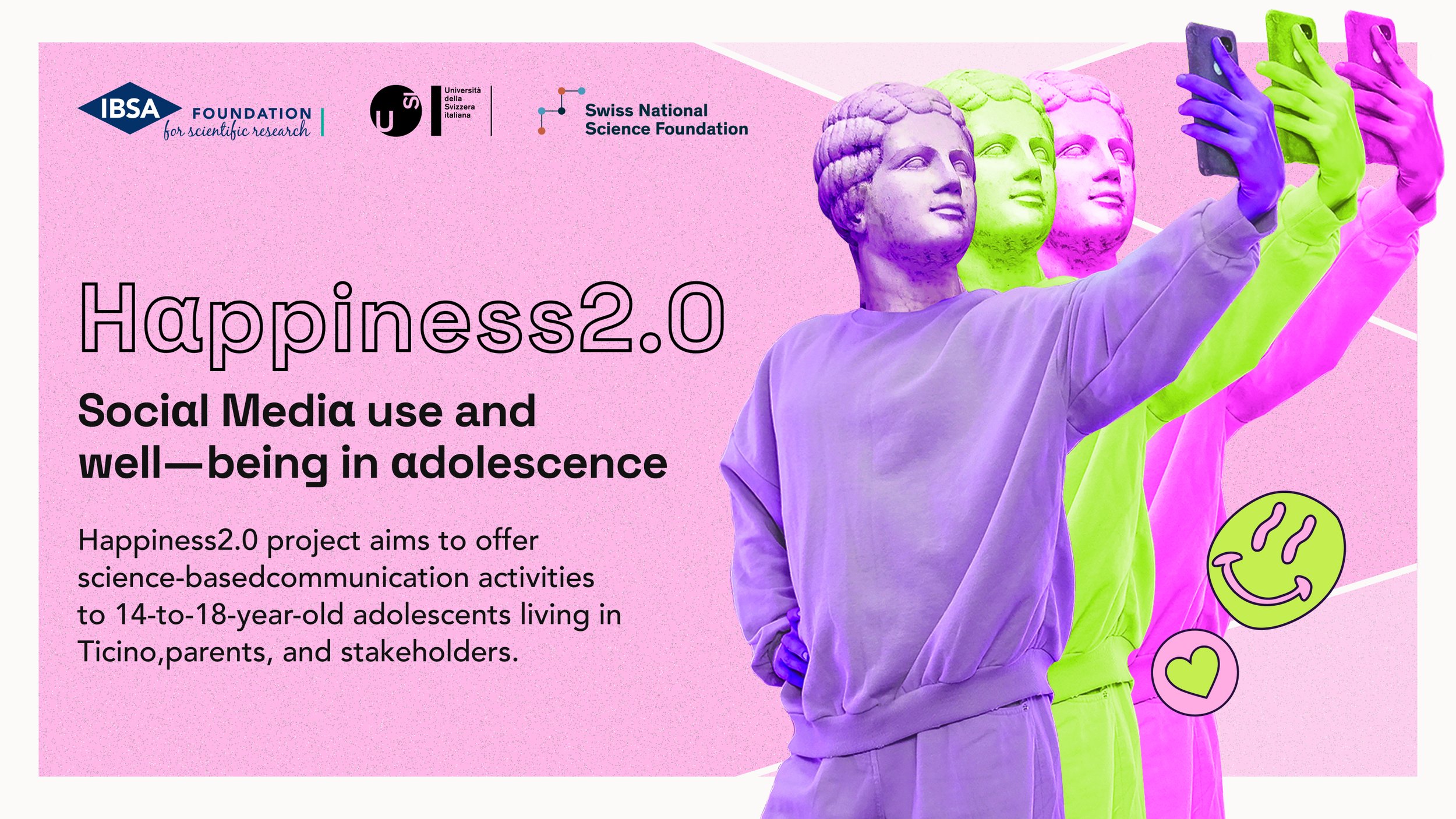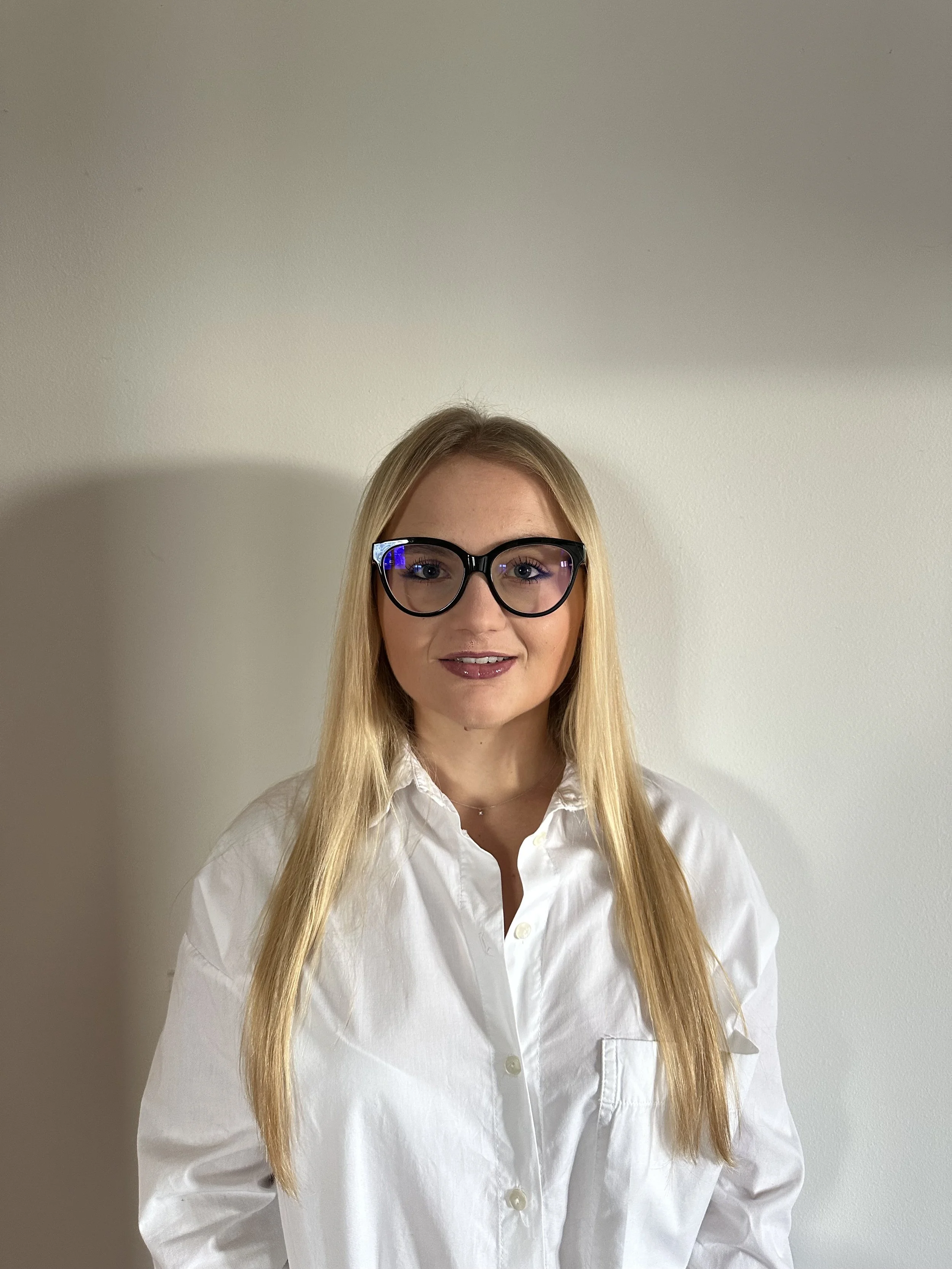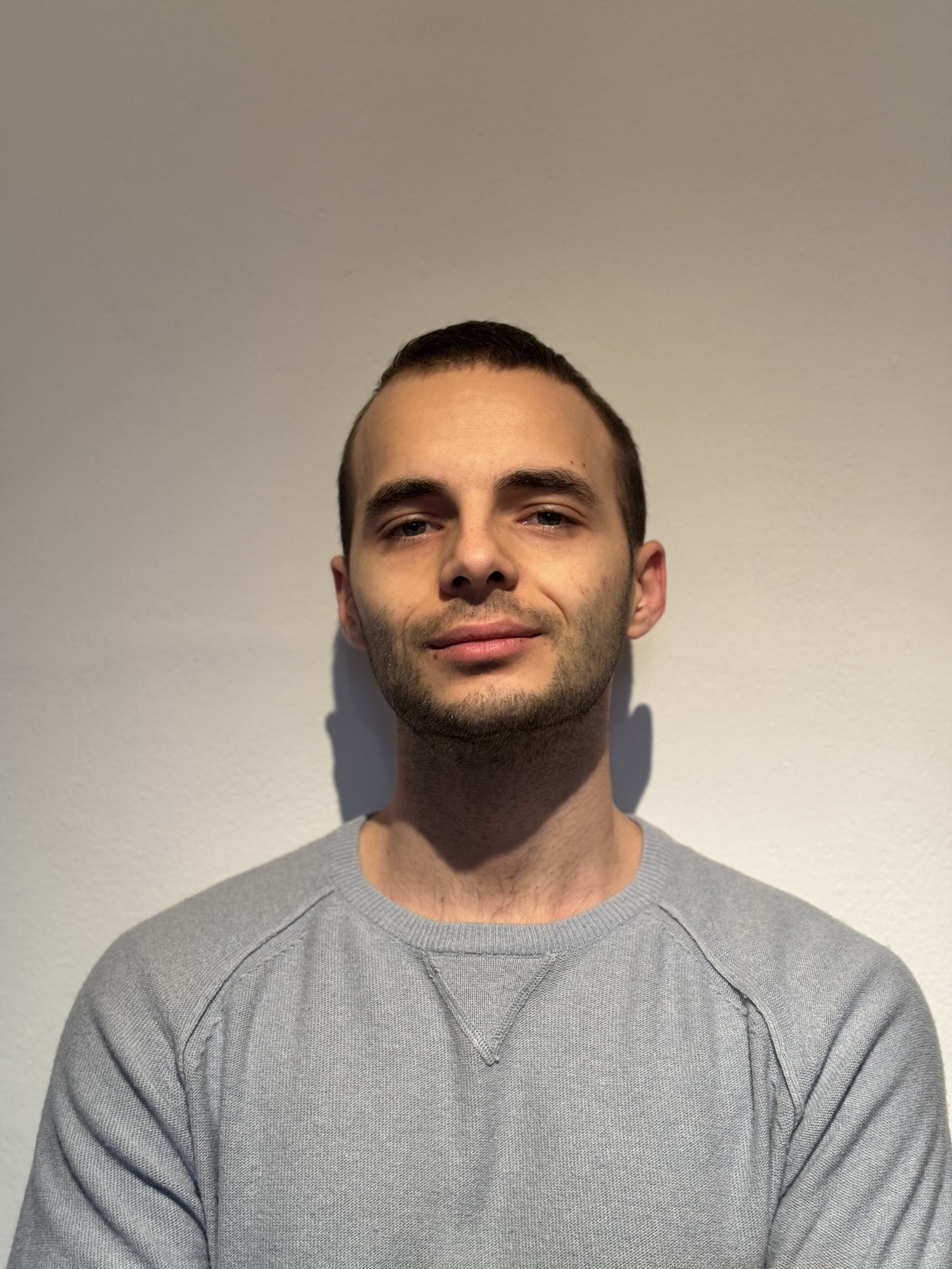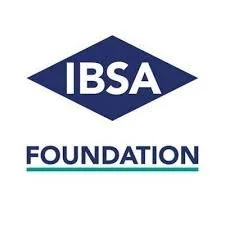Happiness2.0

The project
Happiness2.0 Lab aims to offer science-based communication activities to 14-to-18-year-old adolescents living in Ticino, parents, and stakeholders. We will discuss how social media use influences adolescents’ well-being over time, considering positive well-being indicators (e.g., happiness) and developmental processes like personality formation and the need for social connections. Happiness2.0 includes two weeks of a 2-hour laboratory, “HappyLab” that combines science and arts. That will be followed by HappyApero activities, during which teens will engage with experts, parents, and adults. Finally, during the HappyTable, stakeholders, teachers, and high school principals will be invited to reflect on the activity of 2024 and launch the Happiness2.0 for 2025.
Subtitle:
Social media use and well-being in adolescence
Aim:
Happiness2.0 Lab includes a series of communication activities (HappyLab, HappyApero, and HappyTable) designed for adolescents, aiming at translating scientific results into practice, through the combination of science and arts.
Location:
IBSA Foundation for scientific research and USI Università della Svizzera italiana, Lugano, Switzerland
Participants:
About 400 high school students living in Ticino, Italian-speaking Switzerland, parents, and stakeholders-
Design of the study:
Science communication, laboratories, arts and science
Estimated duration:
1 year (2024-2025)
Funding:
Swiss National Science Foundation (SNSF), Switzerland
IBSA Foundation for Scientific Research, Lugano, Switzerland
Co-Applicants
Prof. Peter J. Schulz, USI
Dr. Silvia Misiti, IBSA Foundation
Downloads
-

Alessia Robbiani
alessia.robbiani@unil.ch
-

Pietro Bianchi
pietro.bianchi@usi.ch
-

IBSA Foundation
-

Rete Operativa
